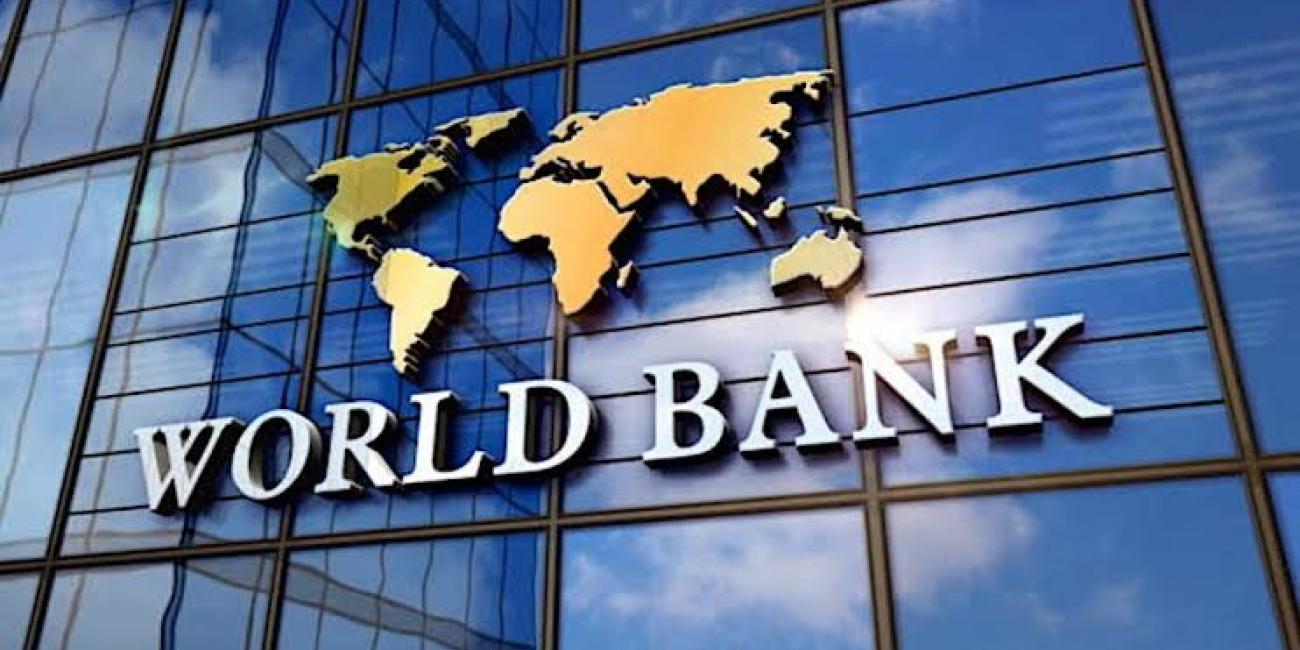A recent report from the World Bank reveals a prolonged high inflation throughout 2024.
Despite efforts to implement macroeconomic and fiscal reforms, Nigeria is expected to grapple with a year-on-year inflation rate of 24.8 percent, according to the World Bank’s Africa’s Pulse Report for April 2024.
This projection, albeit lower than the February 2024 inflation figure of 31.7 percent, underscores the ongoing struggle to stabilize the economy. The report also reaffirms the World Bank’s forecast of a modest 3.3 percent economic growth for Nigeria in 2024, with a slight reduction in projections for 2025 to 2026, now at 3.6 percent.
The root causes of Nigeria’s inflation dilemma are multifaceted, with food inflation and currency depreciation serving as major contributors. Across Sub-Saharan Africa, similar challenges persist, with food inflation rates soaring in several countries, including Ethiopia, Malawi, Sierra Leone, and Zimbabwe.
Moreover, the report highlights the sluggish pace of poverty reduction in the region, particularly in Nigeria and the Democratic Republic of Congo, where one in three individuals live in extreme poverty. Despite global efforts to alleviate poverty, the rate of reduction in Sub-Saharan Africa has decelerated significantly since 2014, falling from 3.1 percent to 1.2 percent between 2014 and 2019.



